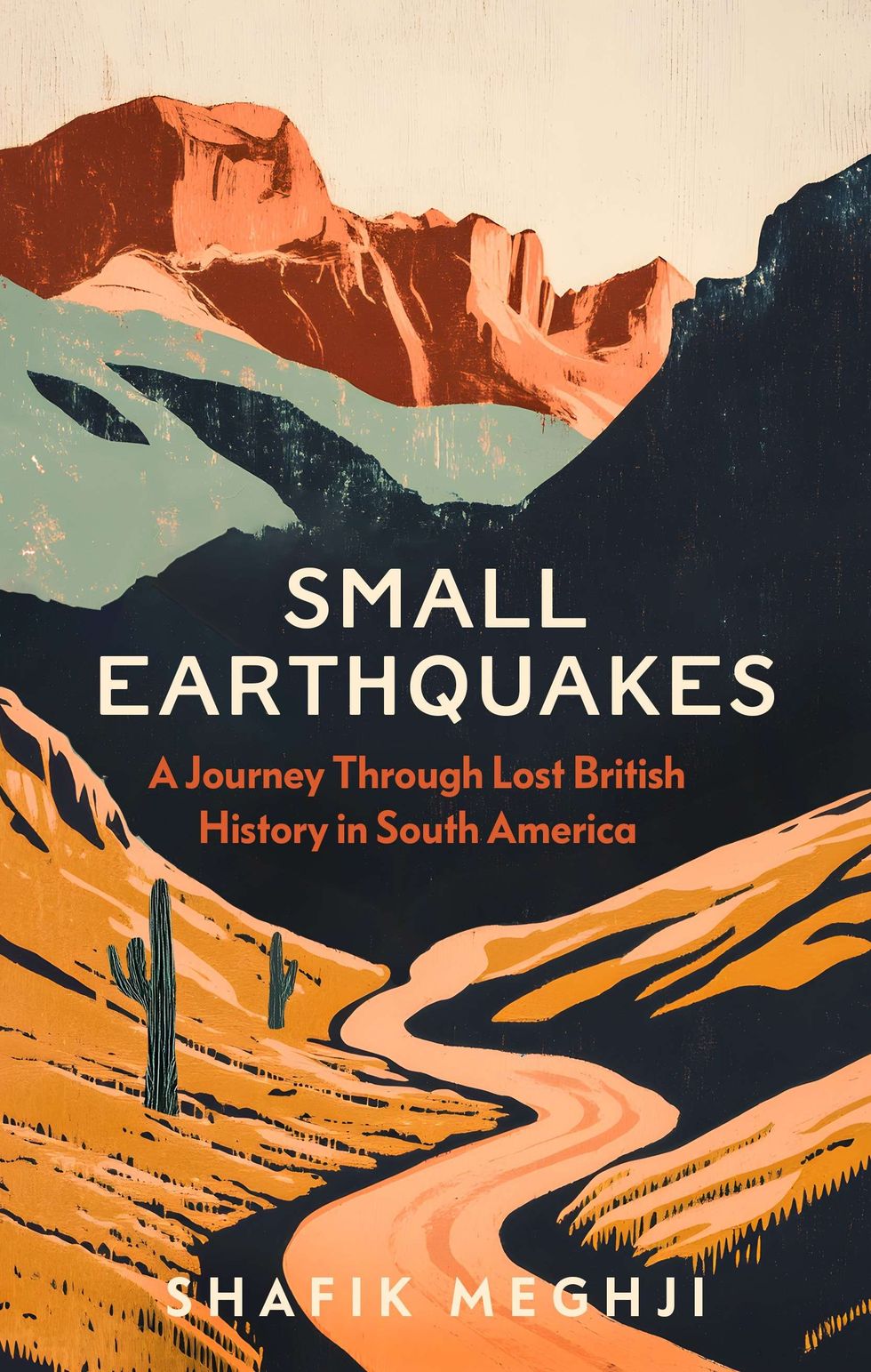Small Earthquakes: A Journey Through Lost British History in South America by Shafik Meghji is a fantastic and much-needed book that shines a light on the surprising and often overlooked connections between Britain and the countries of the Southern Cone: Argentina, Chile, and Uruguay. The title itself is a clever reference to an old journalistic joke that summed up Britain's dismissive attitude toward South America, an attitude Meghji brilliantly challenges by proving just how deeply tied the two regions are. This book is a seamless blend of travel writing, history, and modern reporting, making it both educational and a joy to read.
Meghji, an experienced travel writer and journalist, uses his own journeys across the continent to anchor the history. He takes readers from the dry Atacama Desert to the frozen tip of Tierra del Fuego, pointing out the many physical traces Britain left behind. These traces are everywhere, from the rusting hulks of British-built trains in Bolivia to the Welsh-speaking communities still thrivingin Patagonia. Along the way, he introduces a colourful cast of characters, including nitrate kings, polar explorers, wool barons, and the founders of South American football, demonstrating that Britain's influence wasn't just about politics, but also about commerce and culture.

The book excels because it doesn't offer a simple, heroic view of history. Meghji is meticulous in detailing the darker side of Britain's past, including its role in economic exploitation, its manipulation of borders, and its support for brutal dictatorships, such as Augusto Pinochet's regime in Chile during the Cold War. He demonstrates how Britain’s commercial drive, centred on resources such as guano and nitrate, resulted in significant interference in local affairs. By discussing this complex legacy, Small Earthquakes encourages a more honest and thoughtful examination of a form of "quasi-colonisation" that never involved planting a flag but had enormous consequences nonetheless.
Ultimately, Small Earthquakes is a thrilling and vital read. It successfully overturns the notion that South America is a distant, irrelevant place by revealing a shared history that continues to shape both regions today. It's a must-read for anyone interested in the complex ripple effects of empire or those simply looking for an exciting, well-researched travel narrative that pulls back the curtain on a lost world.




